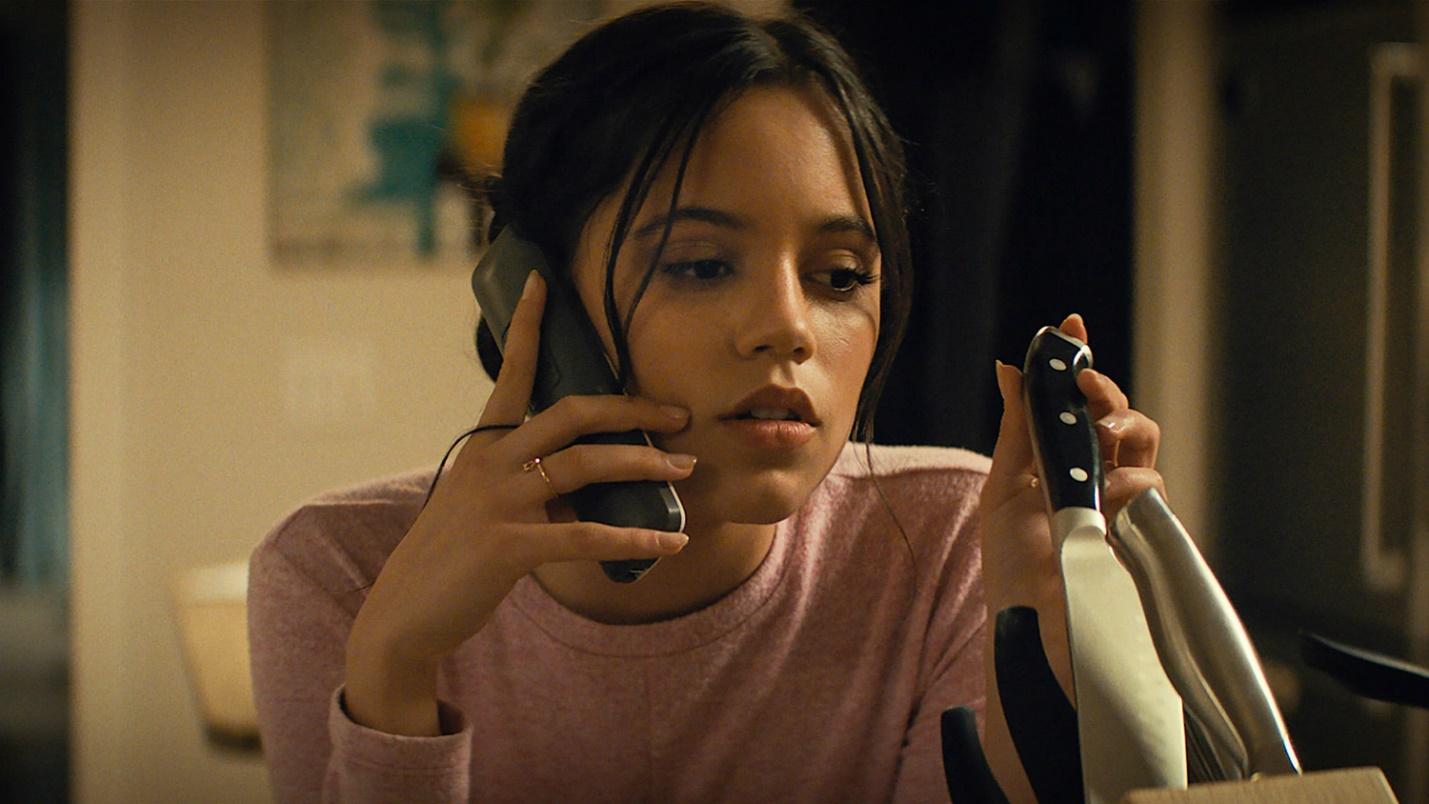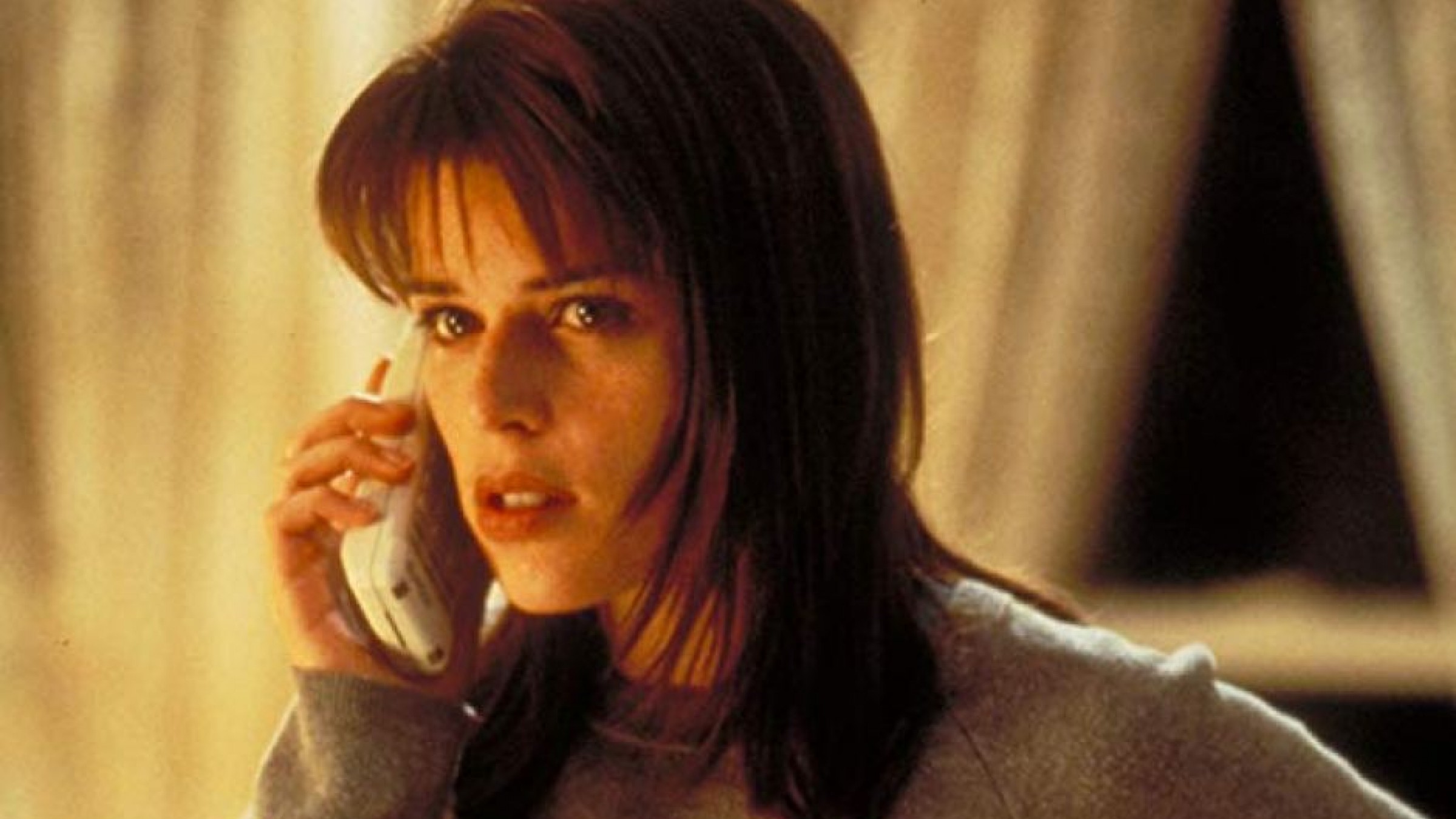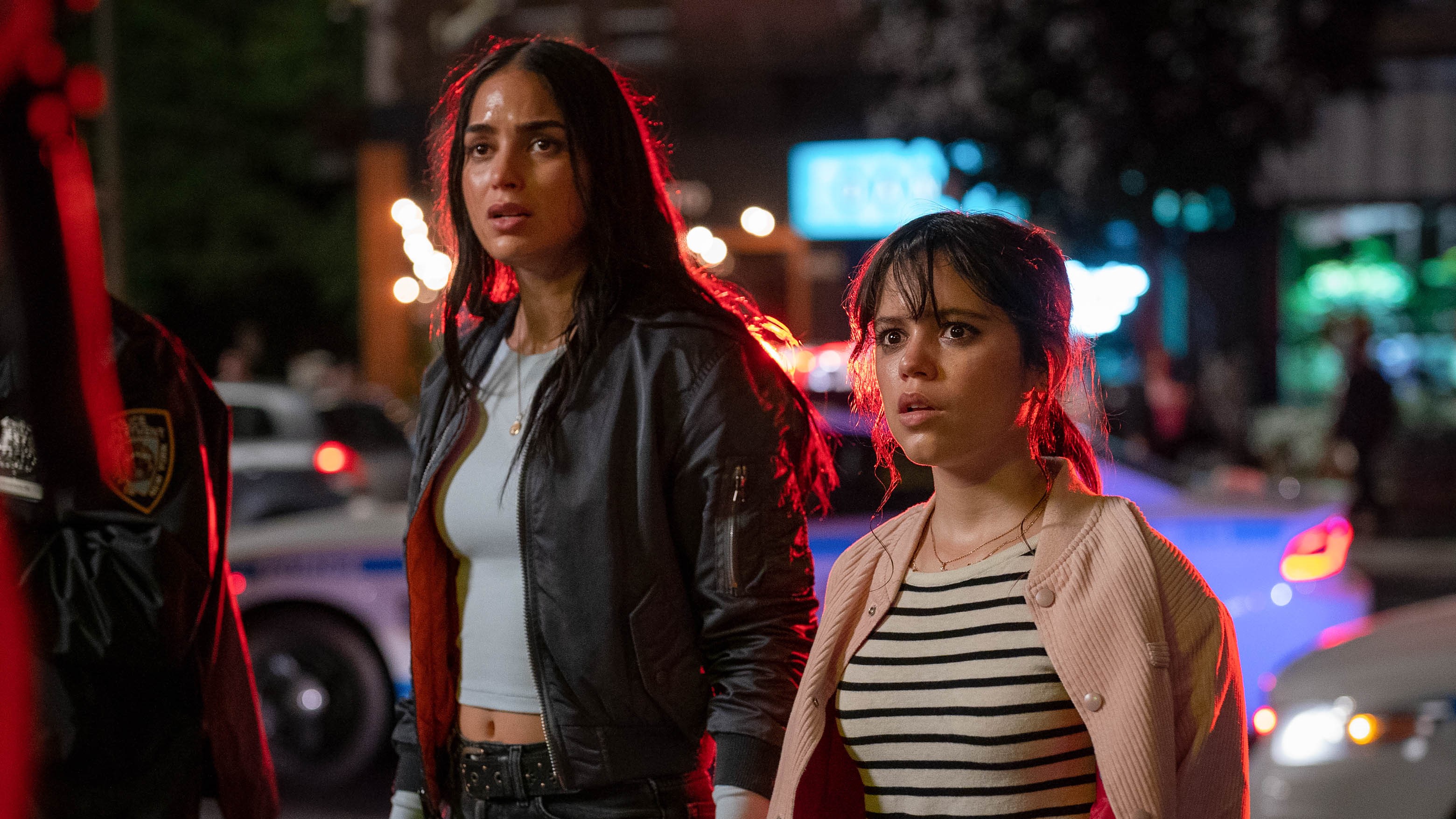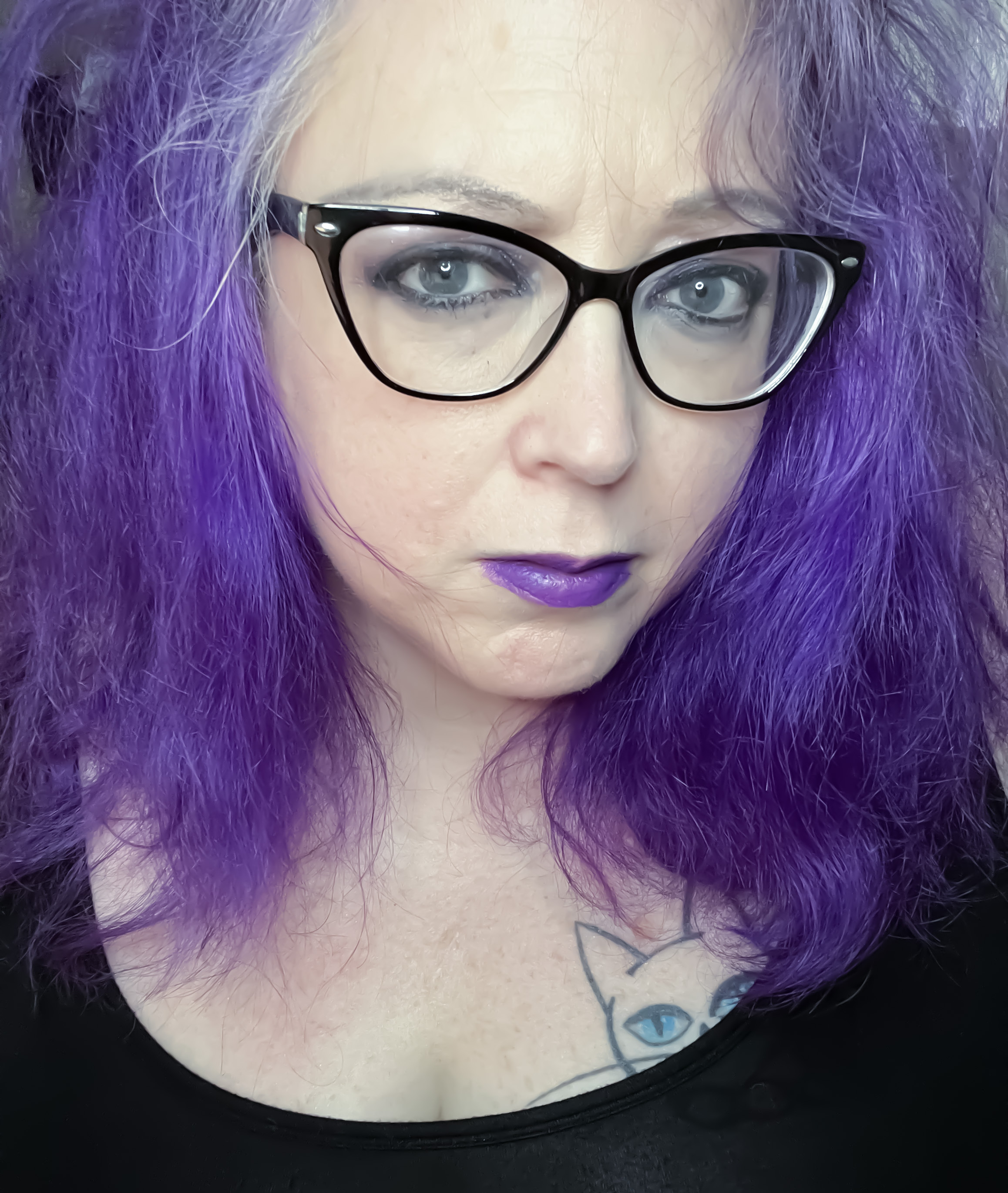How the Scream franchise has evolved
From Scream to Scream VI, the horror franchise has continued to try and keep itself fresh.

The latest updates, reviews and unmissable series to watch and more!
You are now subscribed
Your newsletter sign-up was successful
Want to add more newsletters?

ONCE A WEEK
What to Watch
Get all the latest TV news and movie reviews, streaming recommendations and exclusive interviews sent directly to your inbox each week in a newsletter put together by our experts just for you.

ONCE A WEEK
What to Watch Soapbox
Sign up to our new soap newsletter to get all the latest news, spoilers and gossip from the biggest US soaps sent straight to your inbox… so you never miss a moment of the drama!
With the arrival of Scream VI, the Scream franchise is firmly into its revival from the original movies directed by Wes Craven to the directing duo Radio Silence (Matt Bettinelli-Olpin and Tyler Gillett). But despite the change in directors, it's a safe bet that Scream VI will continue the Scream tradition of reimagining the classic '80s slasher trope; but how it has done that has changed over the years.
The original Scream is a '90s time capsule of cultural references, style and popular-at-that-time stars. But that's what makes it a classic horror movie in the same vein as A Nightmare on Elm Street. The first entry in a horror franchise creates a fixed point in time for the stories that follow. The first four Scream movies may look outdated to some audiences today, but they are a warm infusion of nostalgia to the people who saw them in theaters originally.
The latest movies, Scream (2022) and Scream VI, evoke a little of that nostalgia by bringing in a few of the familiar characters and referencing a few others, both living and dead, but they set up the franchise to move forward, not just resting on the accomplishments of the past.
Deconstructing a genre

When it debuted in 1996, Scream defied the expectations of horror audiences from the first scene. Drew Barrymore opens the movie as Casey Becker, the stereotypical good suburban blonde heroine that should be the final girl, outlasting all her friends and outsmarting the killer as a reward for her virtue. But Casey is killed in the opening scene. With her death, Scream ushered in a new type of slasher film that would play off the expectations and tropes of '80s slashers while the characters discussed them openly.
One example of that was how Scream reworked the trope of the final girl and pushed it to the limit with Sidney Prescott (Neve Campbell). Sidney was a different kind of final girl because unlike many of her predecessors, she got harder, stronger and more capable in each of the first four Scream movies until she was more than a match for Ghostface, no matter which iteration of the killer she was up against.
The Scream franchise has also managed to strike the right balance between paying homage to the '80s slasher movies that spawned it and using contemporary wit and grit to keep it relevant. One of the innovations the original Scream brought was the inclusion of the horror movie rules that must be followed in order to ensure survival. Those rules were a clever nod to the genre. They showed how the horror movie could be self-aware and just a little tongue in cheek.
All of these trends were tweaked little by little through the first four Scream movies, but then got a big overhaul in Scream (2022).
The latest updates, reviews and unmissable series to watch and more!
The future of the Scream franchise

Scream (2022) introduced a new term into the horror lexicon, "requel." When Mindy Meeks-Martin (Jasmin Savoy Brown), appropriately standing in front of a shrine to her uncle Randy (Jamie Kennedy in the original movies), drops the term "requel" it perfectly describes the latest incarnation of the classic franchise. It's not quite a sequel, but not a retelling. It's the next phase in the ongoing evolution of the Scream universe that has plenty of nods to the past while making changes to update the franchise for modern audiences.
The hallmarks of the requel are a faster pace, more jump scares and a generally amplified intensity that keeps it more in tune with the aesthetic of modern horror movies that blend psychological horror with gore and practical effects.
In Scream (2022), the limited supporting roles of original stars Neve Campbell, Courtney Cox and David Arquette were a nice segue to the reimagining of the Scream universe and the introduction of new characters like Tara (Jenna Ortega) and her older sister Sam (Melissa Barrera). Though original stars Cox and Scream 4's Hayden Panettiere return for Scream VI to connect the latest entry to its past.
Scream (2022) also introduced an updated set of rules that would make more sense to modern audiences who may not be as familiar with the '80s slasher tropes as audiences were in 1996.
Scream VI looks to implement even more new rules along with a new location of New York City, which moves it from the traditional idyllic small-town setting of slasher films and elevates it to a darker and grittier type of horror entry. Moving the cat and mouse game of murder and mayhem to an urban setting like New York City opens up the story and allows for some new blood to reinvigorate the franchise without taking anything away from the classic history that makes Scream unique in a genre where formulaic stories can quickly become stale.
The Scream franchise has to evolve to meet the raised expectations of horror audiences that are used to much more intense and carefully crafted stories mixed in with the gore, but expect Scream VI to still have some of the fourth wall breaking self-awareness that made the other Scream movies so clever.
Scream VI releases worldwide on March 10.
Sonya has been writing professionally for more than a decade and has degrees in New Media and Philosophy. Her work has appeared in a diverse array of sites including ReGen, The Washington Post, Culturess, Undead Walking and Final Girl. As a lifelong nerd she loves sci-fi, fantasy and horror TV and movies, as well as cultural documentaries. She is particularly interested in representation of marginalized groups in nerd culture and writes reviews and analysis with an intersectional POV. Some of her favorite shows include Game of Thrones, The Walking Dead, The Handmaid’s Tale and The Sandman.


